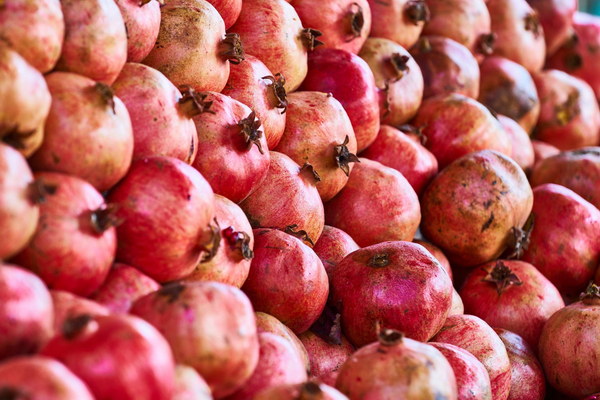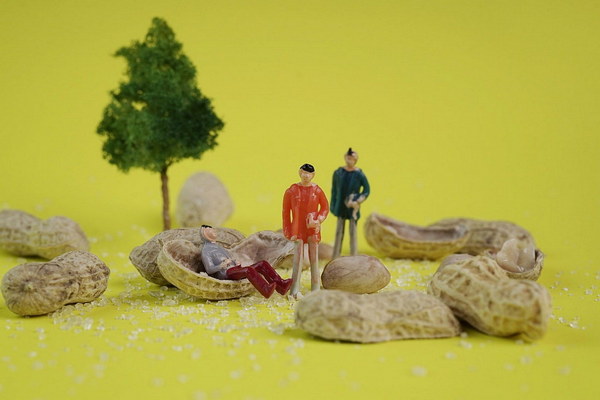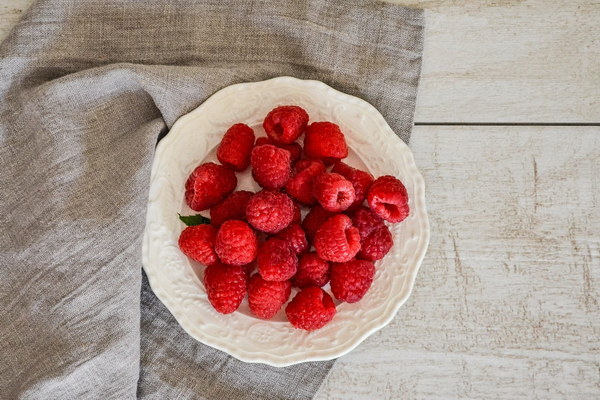Revolutionize Your Nighttime Comfort Explore the Wonders of Bedwetting Diet Remedies for Adults
Are you tired of interrupted sleep and constant anxiety due to bedwetting? Don't worry; you're not alone. Bedwetting, also known as nocturnal enuresis, is a common issue among adults, affecting both men and women. While it may be embarrassing and frustrating, there's hope. One effective solution is the use of bedwetting diet remedies. In this article, we will explore the wonders of bedwetting diet remedies for adults and how they can revolutionize your nighttime comfort.
1. Understanding bedwetting in adults
Bedwetting in adults is often caused by various factors, including stress, anxiety, urinary tract infections, and medical conditions such as diabetes or neurological disorders. While some people may experience occasional bedwetting, others may have a chronic condition that requires attention.
2. The role of diet in bedwetting
Diet plays a crucial role in managing bedwetting in adults. Certain foods and drinks can trigger frequent urination, making it difficult to maintain a dry night. By identifying and eliminating these triggers, you can significantly reduce the frequency of bedwetting episodes.
3. Key bedwetting diet remedies for adults
Here are some effective bedwetting diet remedies for adults that can help you achieve a more comfortable and restful night:
a. Cut down on fluid intake before bedtime
One of the most effective ways to reduce bedwetting is to limit fluid intake a few hours before bedtime. This includes water, juice, and other beverages. Aim to drink fluids earlier in the day and reduce your intake as the evening progresses.
b. Avoid caffeine and alcohol
Caffeine and alcohol are known diuretics, which increase urine production. Consuming these substances before bedtime can lead to frequent urination and an increased risk of bedwetting. Replace these with non-caffeinated, decaffeinated, or alcohol-free alternatives.
c. Limit bladder irritants

Some foods and drinks can irritate the bladder and trigger bedwetting. These include spicy foods, acidic foods (like citrus fruits and tomatoes), chocolate, and artificial sweeteners. Keep a food diary to identify any potential triggers and eliminate them from your diet.
d. Increase dietary fiber
Dietary fiber can help regulate your bowel movements and reduce constipation, which can indirectly contribute to bedwetting. Incorporate more fiber-rich foods into your diet, such as fruits, vegetables, whole grains, and legumes.
e. Maintain a balanced diet
A balanced diet can help ensure that your body functions optimally and reduces the risk of bedwetting. Include a variety of nutrients, such as vitamins, minerals, and antioxidants, to support your overall health.
4. Additional tips for managing bedwetting
In addition to diet, here are some additional tips to help you manage bedwetting:
a. Establish a bedtime routine
Creating a consistent bedtime routine can help signal to your body that it's time to wind down and reduce stress, which can contribute to bedwetting.
b. Practice relaxation techniques
Stress and anxiety can exacerbate bedwetting. Try relaxation techniques such as deep breathing, meditation, or yoga to help manage stress and improve sleep quality.
c. Seek medical advice
If you're struggling to manage bedwetting despite dietary changes and lifestyle adjustments, it's essential to consult a healthcare professional. They can help identify underlying causes and recommend appropriate treatments.
In conclusion, bedwetting diet remedies for adults can be a game-changer for those struggling with this common issue. By identifying and eliminating triggers, maintaining a balanced diet, and adopting healthy lifestyle habits, you can revolutionize your nighttime comfort and achieve a more restful sleep. Remember, you're not alone, and with the right approach, you can overcome this challenge and reclaim your nights.









